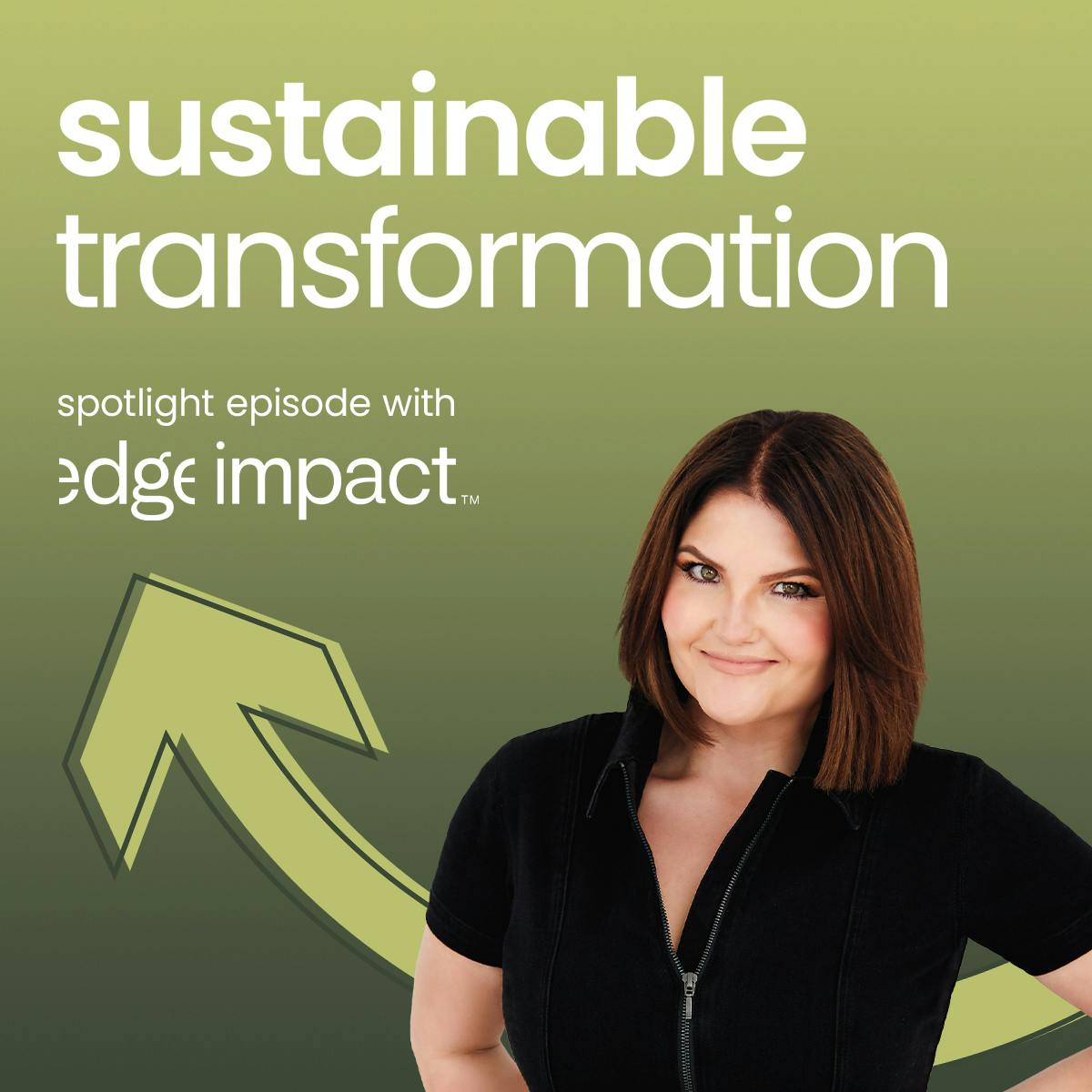
The Importance of Addressing Greenwashing in Australia
Written by
Stephanie Lau, Manager, Sustainability Communications
Findings from the ACCC’s investigation into the Climate Active Carbon Neutral label
In February 2024, lawyers acting for the Australia Institute (a Canberra-based public policy think tank) lodged a complaint with the Australian Competition and Consumer Commission (ACCC), asking them to investigate whether the Climate Active Carbon Neutral labelling program was misleading or deceptive under Australian Consumer Law.
On 22 April 2024, a Senate enquiry stated that the labelling program does facilitate greenwashing by:
- Enabling organisations to understate their emissions and claim that they are carbon neutral for part (but not all) of their operations;
- Allowing organisations to claim that they are carbon neutral through purchasing offsets instead of taking meaningful action in cutting down emissions.
On the same day, the ACCC advised that the trademark certification process for the labelling program had been suspended after attempts were made to clarify the rules.
Climate Active claims that their label is awarded to Australian businesses that have met “rigorous requirements” to “reduce their greenhouse gas emissions and then offset any remaining emissions through the purchase of carbon offsets”.
First introduced in 2010 as the National Carbon Offset Standard, the Climate Active Carbon Neutral labelling program is administered by the Department of Climate Change, Energy, the Environment and Water (DCCEEW).
While the program has historically been perceived as a positive opportunity for brands to take climate action, this inquiry clearly signals the dramatic shift in expectations from consumers, organisations and governments in the last 14 years since Climate Active was first introduced.
Prefer to listen instead?
We've partnered with Sustainability Tracker to deliver weekly bite-sized updates and expert insights on vital sustainability topics.
The podcast and Spotlight episodes are hosted by Kiarne Treacy, CEO of Sustainability Tracker and one of Australia’s leading expert voices in helping make sustainability simpler for businesses and consumers.

Listen to the Spotlight Series: The ACCC Stamping out greenwashing
Who's Impacted?
The Climate Active label is currently used by over 500 brands ranging across companies, products, buildings and events in Australia – from fossil fuel and electricity providers to telecommunications and banks.
Brands pay an annual license fee for the right to make the government-backed claim that they are “carbon neutral”. Under the program, they are expected to publish an annual public disclosure statement detailing their emission sources, how they offset them and what has been excluded.
In practice, due to the unclear parameters in calculating emissions, termed as ‘emissions boundaries’ in the program, brands can claim that they are carbon neutral despite having significant carbon footprints for operations that sit outside of these boundaries.
For example, past disclosure statements show that brands with the Climate Active label have excluded Scope 3 emissions, including employee commuting, investments, transportation and distribution, cleaning services and more.
In recent years, carbon offsets are also under increased scrutiny and there’s much more to be done to verify their integrity and impact. While offsetting can be a part of the solution, attention needs to be shifted towards the more challenging task of decarbonisation.
It’s cheaper to pay a certification fee to Climate Active and to buy some offsets from a wind farm than it is to implement the technology that you need or go 100% renewable or change your business model.
Polly Hemming, Director, The Australia Institute
Source: The Australian, 22 April 2024. 'Enabling greenwashing: Climate Active Carbon Neutral stamp under fire'.

The Importance of Addressing Greenwashing in Australia
As the sustainability landscape in Australia is constantly evolving, it’s essential that greenwashing continues to be a key priority for the ACCC through compliance and enforcement actions. However, it’s important to acknowledge that there is no silver-bullet solution when it comes to climate action – be it a label, legislation, tool or standard.
This investigation has not only reinforced the need for more robust and resilient regulatory measures but emphasised the importance of education.
For consumers, it’s about building trust and giving them the confidence to make more informed decisions. This starts with helping them to understand – from the terminology used to knowing how to assess claims critically.
This knowledge gap also applies to organisations that have the ambition to reduce their environmental impact, whether they are participating in a certification program or not. While the Climate Active label is backed by the government and gives the impression of being credible, it’s clear that there is an opportunity to further equip companies with the expertise and resources to take meaningful action without risks of greenwashing.
Navigating the Landscape: Next Steps for Organisations
Prior to the inquiry in a statement released in 2023, Assistant Minister for Climate Change and Energy Jenny McAllister said the labelling program would be reformed to strengthen the credibility of the Climate Active label. This would have been a timely opportunity to raise the bar and evolve the program to support more companies today to act on climate.
With the inquiry in place, it’s uncertain how the reform plans will be impacted.
For organisations who currently have a Climate Active label, the ACCC investigation and senate inquiry is likely to impact on their continued participation in the program. While there are nuances in how these organisations have communicated about their carbon neutral label and the efforts that support their claims, whether these considerations influence the outcome will be up to the ACCC.
We've published a handbook to help you communicate with confidence in the greenwashing era.




